Home>Articles>Why Does A Smoke Detector Go Off When Cooking?
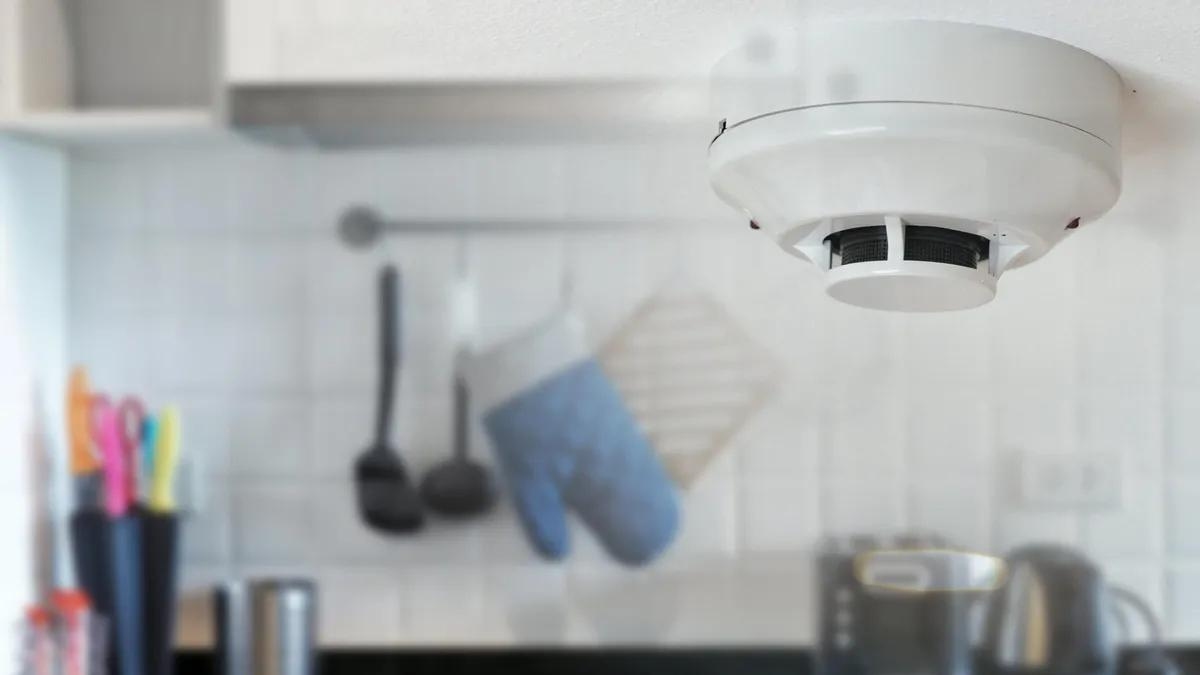

Articles
Why Does A Smoke Detector Go Off When Cooking?
Modified: October 22, 2024
Learn why your smoke detector goes off while cooking and discover helpful articles to prevent false alarms and keep your home safe.
(Many of the links in this article redirect to a specific reviewed product. Your purchase of these products through affiliate links helps to generate commission for Storables.com, at no extra cost. Learn more)
Introduction
Smoke detectors are an essential part of home safety, designed to alert us to the presence of smoke or fire. While they play a crucial role in protecting our homes and loved ones, it can be quite frustrating when a smoke detector goes off unexpectedly, such as when we’re simply cooking a meal. But why does this happen?
In this article, we will explore the reasons why a smoke detector may go off when cooking and provide some insights into how to prevent false alarms. Understanding these factors can help us maintain the functionality of our smoke detectors while minimizing unnecessary disruptions.
Key Takeaways:
- Understanding the causes of smoke during cooking and the sensitivity of smoke detectors can help minimize false alarms. Proper ventilation, managing cooking heat, and strategic detector placement are essential for a safer cooking environment.
- Regular maintenance, testing, and following manufacturer’s guidelines are crucial for ensuring smoke detectors function optimally. By implementing these strategies, you can reduce false alarms and enhance fire detection capabilities.
Understanding the Function of Smoke Detectors
Before delving into why a smoke detector may be triggered while cooking, it’s important to understand the basic function of these devices. Smoke detectors are designed to detect the presence of smoke particles in the air. They consist of a sensor that is capable of detecting smoke and a loud alarm that sounds when smoke is detected.
Typically, there are two types of smoke detectors: ionization smoke detectors and photoelectric smoke detectors. Ionization smoke detectors work by ionizing the air inside the chamber and using a small electrical current to detect smoke particles. On the other hand, photoelectric smoke detectors use a beam of light that gets scattered by smoke particles, triggering the alarm.
Both types of smoke detectors are effective at detecting smoke, but they can also be sensitive to other airborne particles, including cooking fumes. This sensitivity to particles is what can cause a smoke detector to go off when cooking.
It’s worth mentioning that smoke detectors are calibrated to trigger an alarm at certain smoke concentrations. This is done to ensure that the alarm is activated when there is a real threat of fire. However, these sensitivity thresholds can sometimes be triggered by non-threatening situations, like cooking.
Now that we have a basic understanding of how smoke detectors work, let’s explore the specific reasons why they may go off while cooking.
Causes of Smoke During Cooking
When we cook, there are several factors that can lead to the production of smoke. Understanding these causes can help us identify why our smoke detectors may be going off during the cooking process. Here are some common causes of smoke during cooking:
- High Cooking Temperatures: Cooking at high temperatures, such as when searing meat or frying food, can result in the production of smoke. The heat causes fats and oils to break down and release smoke particles into the air.
- Oil or Fat Splatters: When cooking with oil or fats, splatters can occur, especially when frying or sautéing. These splatters can create smoke as the oil or fat comes into contact with the hot cooking surface.
- Burning Food: Overcooking or burning food can produce smoke. Whether it’s leaving something in the oven for too long or forgetting about a pan on the stove, the burning process generates smoke that can activate the smoke detector.
- Food Residue: Residue from previous cooking sessions can be left on cooking surfaces, such as grills or stovetops. When these residues heat up during cooking, they can burn and generate smoke.
- Spices and Seasonings: Some spices and seasonings, when exposed to high temperatures, can release smoke. This is more likely to happen when using higher heat cooking methods like grilling or broiling.
- Steam: Although not technically smoke, steam from boiling water or cooking with liquids can sometimes trigger a smoke detector. This is because some smoke detectors can mistake steam for smoke particles.
These are just a few examples of the potential causes of smoke during cooking. It’s essential to be aware of these factors in order to understand why a smoke detector may go off while preparing meals at home.
Sensitivity of Smoke Detectors
The sensitivity of smoke detectors plays a crucial role in their ability to detect smoke particles and trigger an alarm. However, this sensitivity can also be a factor in false alarms, especially when it comes to cooking-related smoke. Here are some key points to understand about the sensitivity of smoke detectors:
1. Smoke Particle Size: Smoke detectors are designed to detect a certain range of particle sizes. While they are highly effective at detecting smoke from fires, they can also pick up smaller particles from cooking that may not necessarily indicate a serious fire hazard. The sensitivity of smoke detectors varies depending on the model and type.
2. Type of Smoke Detectors: Ionization smoke detectors are more sensitive to smaller smoke particles and are generally more prone to false alarms, such as those caused by cooking smoke. Photoelectric smoke detectors, on the other hand, are more effective at distinguishing between different types of smoke and are generally less sensitive to cooking smoke.
3. Location of Smoke Detector: The placement of smoke detectors can also impact their sensitivity to cooking smoke. For example, if a smoke detector is located near the kitchen, it may be more likely to be triggered by cooking-related smoke. It’s important to follow the manufacturer’s recommendations for smoke detector placement to optimize their performance.
4. Age and Maintenance: The age and maintenance of smoke detectors can affect their sensitivity. Over time, smoke detectors may become less sensitive due to dirt, dust, or other factors that can hinder their performance. Regular maintenance, such as cleaning and replacing batteries, can help ensure that smoke detectors are functioning properly and at their optimal sensitivity.
5. Interconnected Smoke Detectors: In some homes, smoke detectors are interconnected, meaning that if one detector is triggered, it will activate all the other detectors in the house. While this can enhance safety by alerting occupants throughout the home, it can also lead to simultaneous alarms if cooking smoke triggers one detector.
It’s important to note that while smoke detectors may go off due to cooking-related smoke, it’s always better to err on the side of caution. If an alarm does sound, it’s essential to investigate the source of the smoke and ensure that there isn’t an actual fire or dangerous situation.
Next, we’ll discuss the placement of smoke detectors and how it can impact their response to cooking smoke.
To prevent your smoke detector from going off while cooking, try using the exhaust fan, cooking on lower heat settings, and keeping the area well-ventilated.
Smoke Detector Placement
The proper placement of smoke detectors is crucial for their effectiveness in detecting smoke and providing early warnings in the event of a fire. When it comes to preventing false alarms due to cooking smoke, strategic placement becomes even more important. Here are some key factors to consider when placing smoke detectors:
1. Kitchen Considerations: Given that cooking activities can generate smoke, it’s important to consider the location of the kitchen when determining where to place smoke detectors. It is generally recommended to install a smoke detector outside the kitchen, such as in the hallway adjacent to the cooking area. This helps to minimize false alarms caused by cooking smoke without compromising safety.
2. Incorporating Photoelectric Detectors: Photoelectric smoke detectors are less sensitive to cooking smoke and can be a better choice for areas near the kitchen. These detectors utilize light beams, which are less likely to be triggered by cooking fumes. Incorporating photoelectric detectors can help reduce false alarms while maintaining fire detection capabilities.
3. Multiple Detector Placement: To ensure comprehensive coverage, it is recommended to have smoke detectors installed on every level of the home, including basements and bedrooms. Ideally, there should be at least one detector on each floor, especially near sleeping areas. This helps to maximize the chances of early detection regardless of the location of the fire or the origin of the smoke.
4. Proximity to Cooking Areas: Although it is advised to place smoke detectors outside the kitchen, it’s still important to have detectors in the nearby areas. This ensures that if a significant amount of smoke escapes from the kitchen, it can still be detected promptly. However, be cautious about placing detectors too close to cooking appliances as their proximity might trigger false alarms frequently.
5. Other Considerations: It’s important to avoid placing smoke detectors near vents, fans, and windows, as these areas can interfere with their proper operation. Additionally, ensure that smoke detectors are not obstructed by furniture, curtains, or other objects that could impede their ability to detect smoke.
Remember to follow the manufacturer’s recommendations for smoke detector placement as they may provide specific guidelines based on the model and type of smoke detector. Additionally, it’s wise to periodically review the placement of smoke detectors to ensure they are still in optimal positions to provide the best possible coverage.
Now let’s explore some tips to prevent smoke detector activation while cooking.
Tips to Prevent Smoke Detector Activation
While it’s not entirely possible to eliminate the risk of a smoke detector going off during cooking, there are several tips and precautions you can take to minimize the chances of false alarms. By following these tips, you can create a safer and more pleasant cooking environment. Here are some effective strategies to prevent smoke detector activation:
- Proper Ventilation: Ensure your kitchen is adequately ventilated. Turn on the exhaust fan, open windows, or use a range hood to help remove smoke and odors from the cooking area. Good ventilation can significantly reduce the buildup of smoke and minimize the chances of triggering the smoke detector.
- Manage Cooking Heat: Adjust your cooking heat to avoid excessive smoking. High temperatures can quickly generate smoke, so try to cook at lower temperatures when possible. Use the appropriate heat setting for different types of cooking methods to prevent unnecessary smoke production.
- Use Cooking Lids: When cooking on the stovetop, use lids on pots and pans to contain the smoke. Lids help trap heat and reduce the release of smoke, preventing it from spreading throughout the kitchen. This can be particularly effective when cooking greasy foods or items that tend to splatter.
- Clean Cooking Surfaces: Keep your cooking surfaces clean and free from grease and residue. Regularly wipe down your stovetop, oven, grill, and other cooking appliances to remove any buildup that could produce smoke when heated. This simple practice can help eliminate the source of smoke and reduce false alarms.
- Monitor Cooking Process: Stay attentive while cooking, especially when using high heat or cooking foods that are prone to smoking. Avoid leaving the kitchen unattended, as this increases the chances of overcooking or burning food, which can generate excessive smoke. Stay vigilant and make adjustments as needed to prevent smoke formation.
- Consider Alternative Cooking Methods: If you frequently experience issues with smoke detector activation during cooking, you might consider alternative cooking methods that generate less smoke. For example, using a slow cooker, steamer, or microwave can often reduce smoke production compared to frying or grilling.
- Regular Smoke Detector Maintenance: Ensure your smoke detectors are functioning correctly by regularly testing and maintaining them. Replace batteries as needed and clean the detectors to remove any dust or debris that could impact their sensitivity. Well-maintained detectors are less likely to trigger false alarms.
Implementing these tips can help minimize false alarms caused by cooking smoke. However, it’s essential to remember that the priority should always be safety. If you are unsure about the source of the smoke or if you suspect a real fire, it’s crucial to take immediate action and follow fire safety protocols.
Now that we’ve explored some helpful strategies to prevent false alarms, let’s discuss the importance of maintaining and testing your smoke detectors regularly.
Maintaining and Testing Smoke Detectors
To ensure the optimal performance of your smoke detectors and maximize their effectiveness in detecting smoke and fire, regular maintenance and testing are crucial. Here are some essential tips for maintaining and testing your smoke detectors:
- Replace Batteries: Batteries in smoke detectors should be replaced regularly, typically once a year or as recommended by the manufacturer. Consider using long-lasting lithium batteries to minimize the frequency of replacement. Some modern smoke detectors have built-in non-removable batteries that can last for several years.
- Clean the Detectors: Dust and debris can accumulate in smoke detectors over time, affecting their sensitivity. Regularly clean the detectors by gently vacuuming or using a soft brush to remove any dust or debris that may hinder their performance. Do not use water or cleaning solutions, as these can damage the device.
- Test the Alarms: It’s important to test your smoke detectors regularly to ensure they are functioning correctly. Most smoke detectors have a test button that you can press to activate the alarm and confirm that it is working. Test each detector individually and ensure that the sound is loud and clear.
- Replace Expired Detectors: Smoke detectors have a limited lifespan, usually around 10 years. Check the manufacturer’s recommendations for the expiration date of your specific model. If your smoke detectors have reached their expiration date, it’s essential to replace them with new ones to maintain optimal fire detection.
- Interconnectivity Check: If your home has interconnected smoke detectors, where triggering one alarm activates all alarms in the house, ensure that this feature is working properly. Trigger the test alarm on one detector and ensure that all others in the network also sound simultaneously.
- Regular Inspections: Periodically inspect your smoke detectors for any signs of damage, such as cracked casings or loose wiring. If you notice any issues, contact a professional to repair or replace the detectors as needed.
- Follow Manufacturer’s Instructions: Always refer to the manufacturer’s instructions and guidelines for your specific smoke detector model. They can provide valuable information related to maintenance, testing, and any specific considerations for your detector.
By following these maintenance and testing practices, you can ensure that your smoke detectors are in optimal working condition and ready to detect smoke and fire when needed. Regular maintenance and testing not only minimize false alarms but also provide peace of mind, knowing that your smoke detectors are functioning reliably.
Before we conclude, let’s summarize the key points we’ve covered in this article.
Conclusion
Smoke detectors are essential for the safety of our homes, providing early warnings in the event of smoke or fire. While it can be frustrating when a smoke detector goes off while cooking, understanding the reasons behind it and taking preventive measures can help minimize false alarms without compromising safety.
In this article, we explored the function of smoke detectors and discussed the causes of smoke during cooking. We also delved into the sensitivity of smoke detectors and the role it plays in false alarms. Additionally, we provided tips for proper smoke detector placement to reduce the likelihood of cooking-related smoke triggering false alarms.
Furthermore, we shared practical tips to prevent smoke detector activation while cooking, such as proper ventilation, managing cooking heat, using lids, and regularly cleaning cooking surfaces. These tips can help create a safer and more enjoyable cooking experience while minimizing false alarms.
We also emphasized the importance of maintaining and testing smoke detectors regularly to ensure their optimal performance. Replacing batteries, cleaning the detectors, and conducting periodic tests are essential for reliable fire detection and prevention of false alarms.
By implementing these strategies and staying vigilant in the kitchen, we can reduce the occurrence of false alarms and ensure that our smoke detectors are fully prepared to detect real fire hazards.
Remember, while false alarms can be a nuisance, never ignore the sound of a smoke detector. If an alarm sounds, always investigate the source of the smoke or fire and follow proper fire safety protocols.
Stay informed, stay safe, and cook with confidence knowing that your smoke detectors are set up correctly and ready to provide vital protection in case of an emergency.
Frequently Asked Questions about Why Does A Smoke Detector Go Off When Cooking?
Was this page helpful?
At Storables.com, we guarantee accurate and reliable information. Our content, validated by Expert Board Contributors, is crafted following stringent Editorial Policies. We're committed to providing you with well-researched, expert-backed insights for all your informational needs.
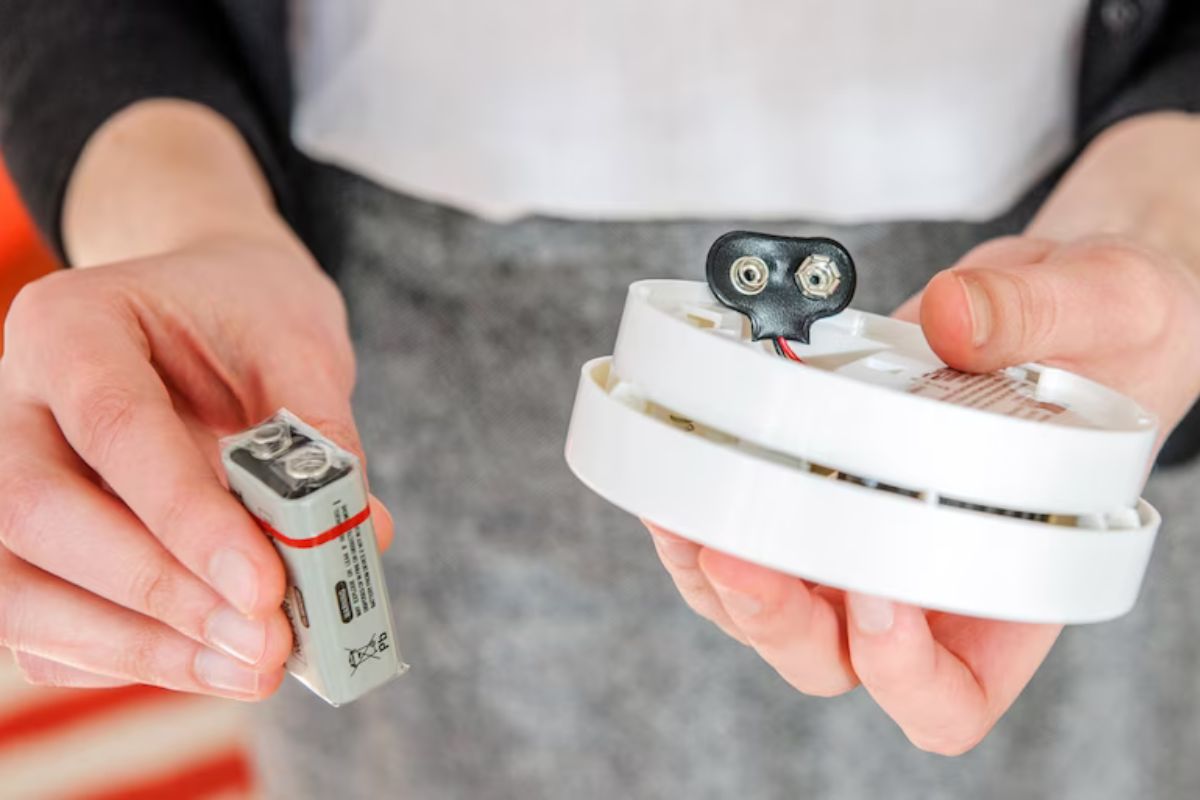
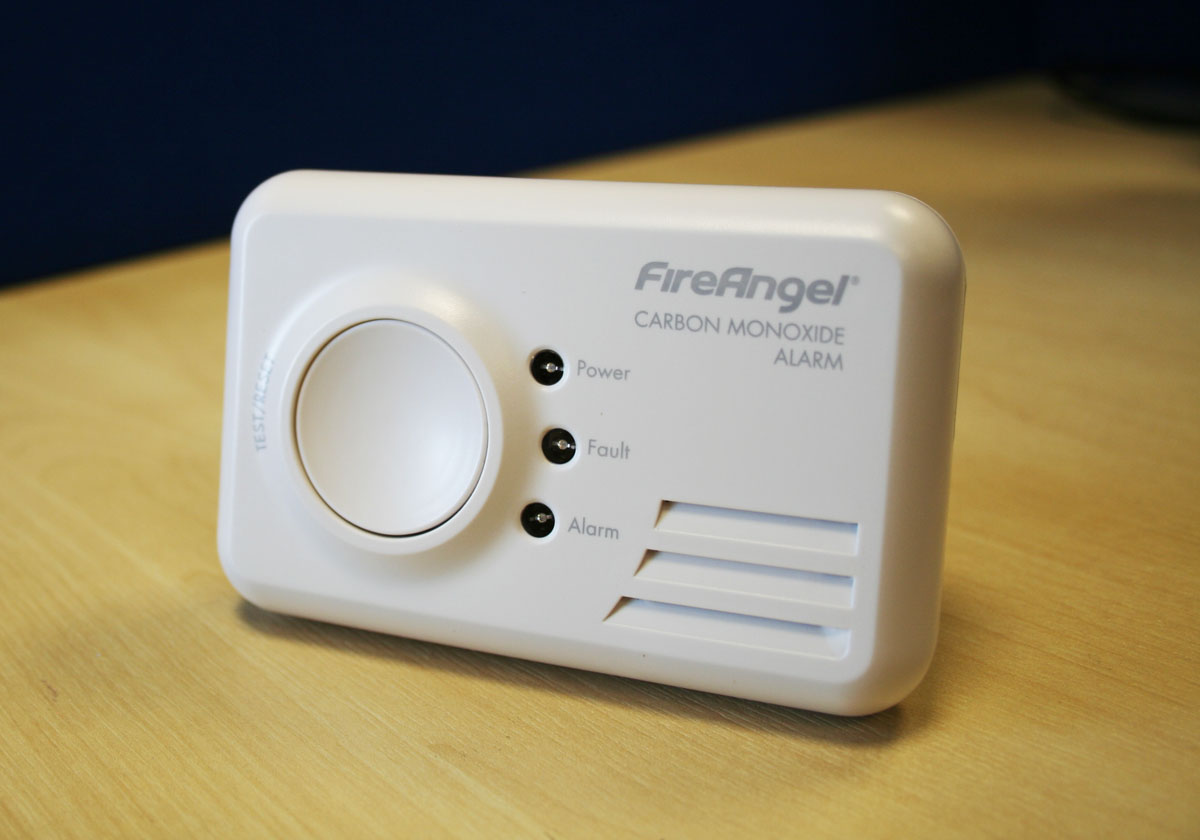

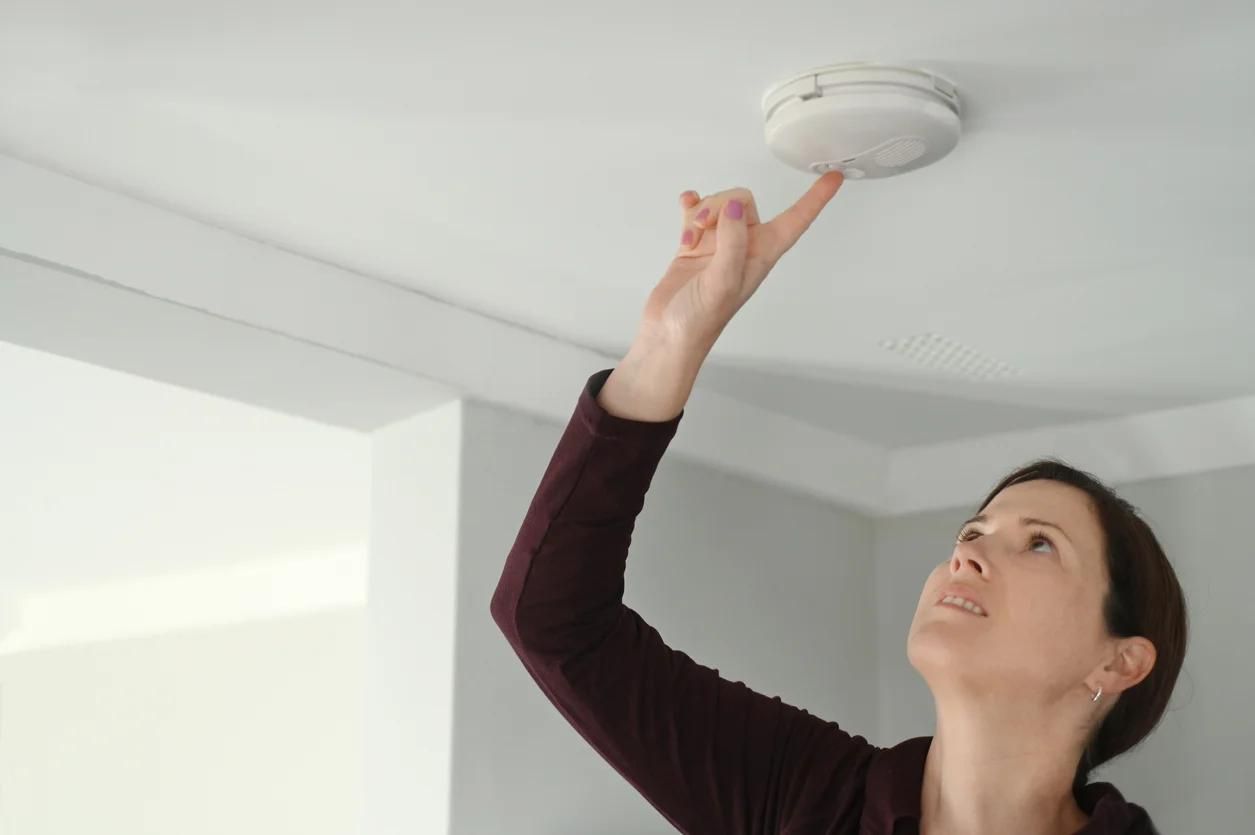
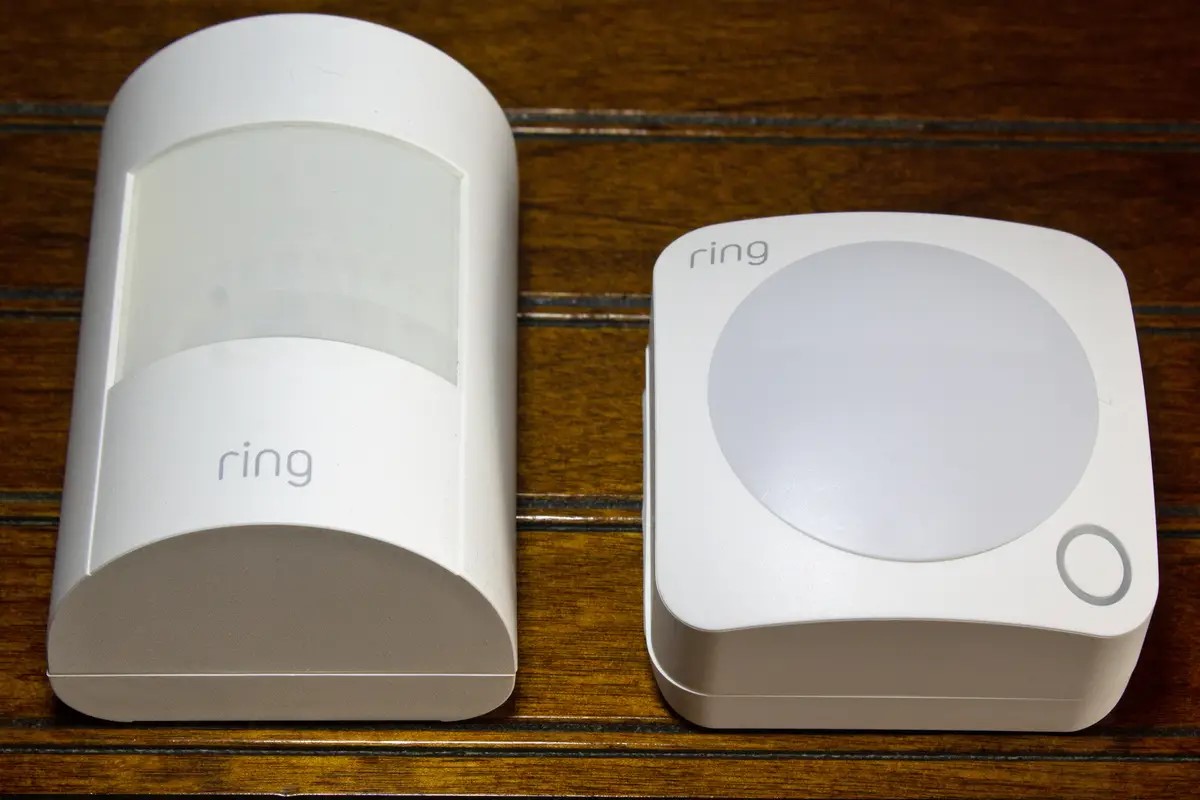
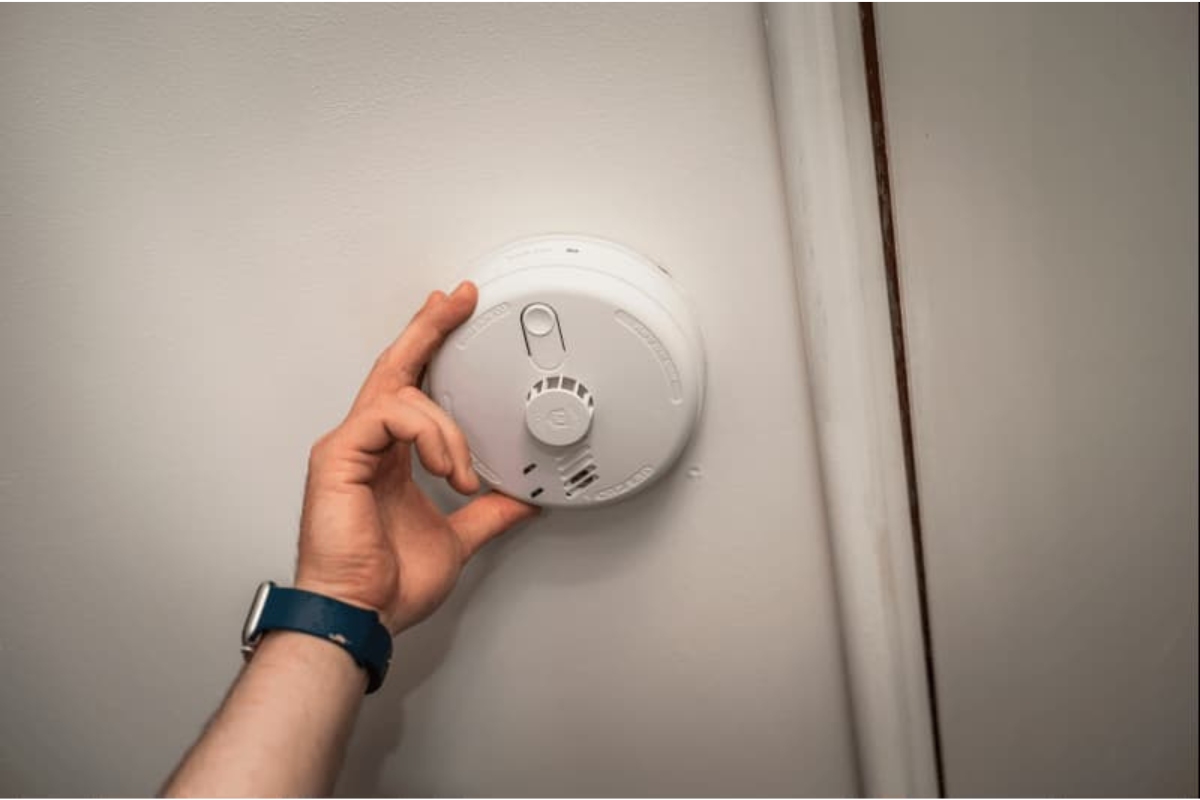
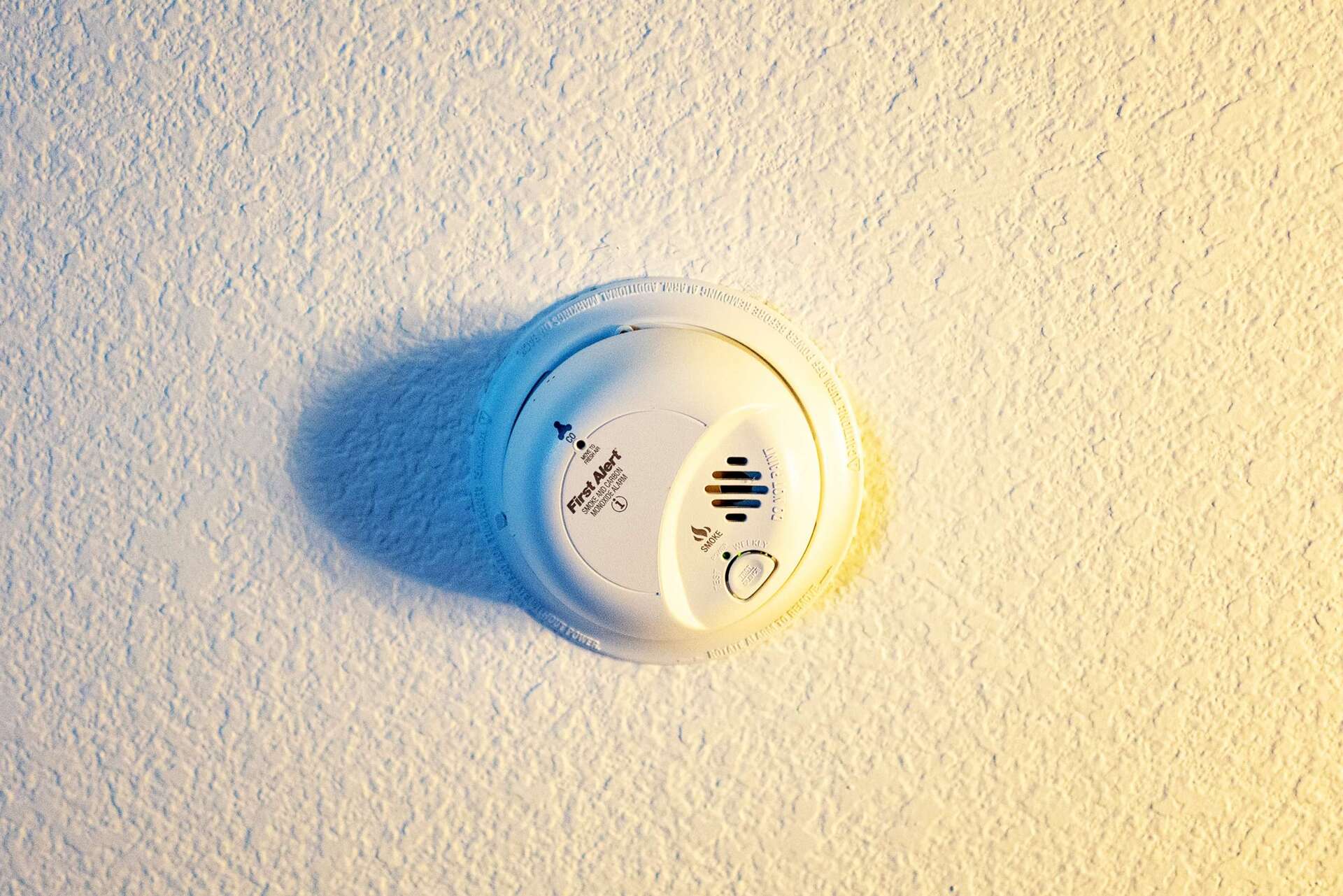

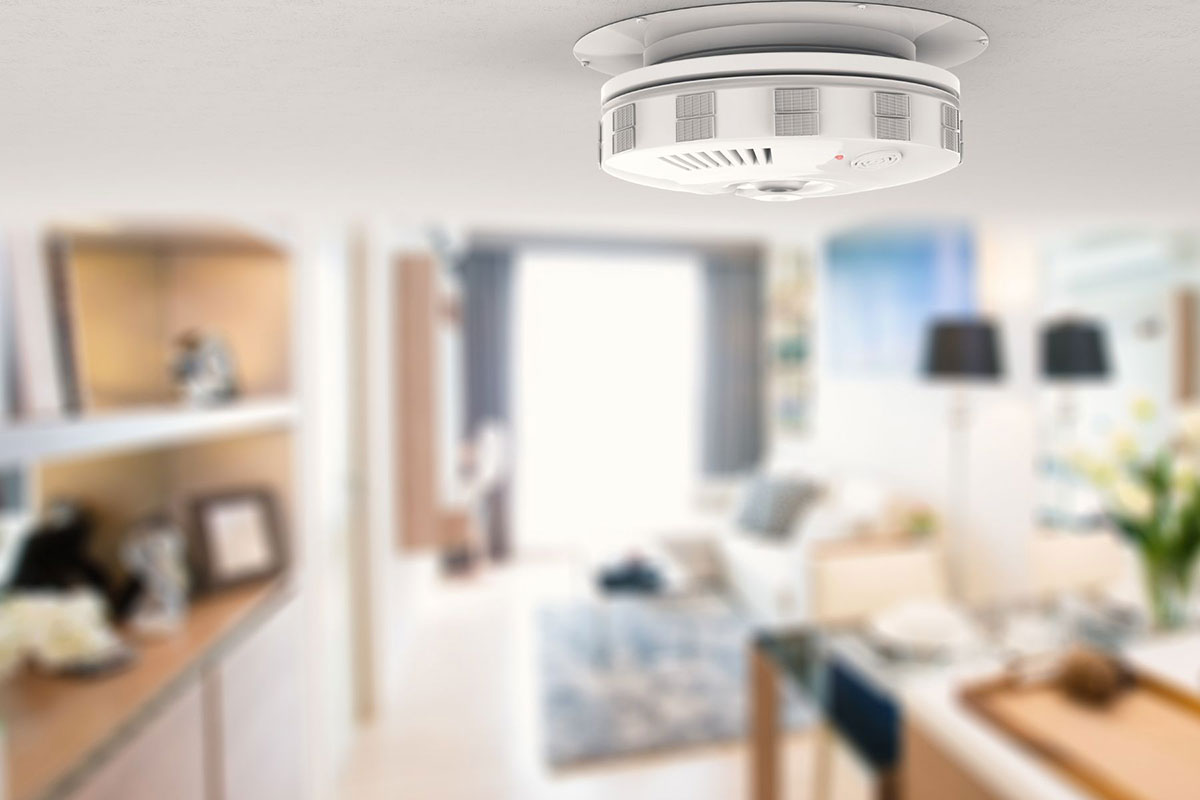
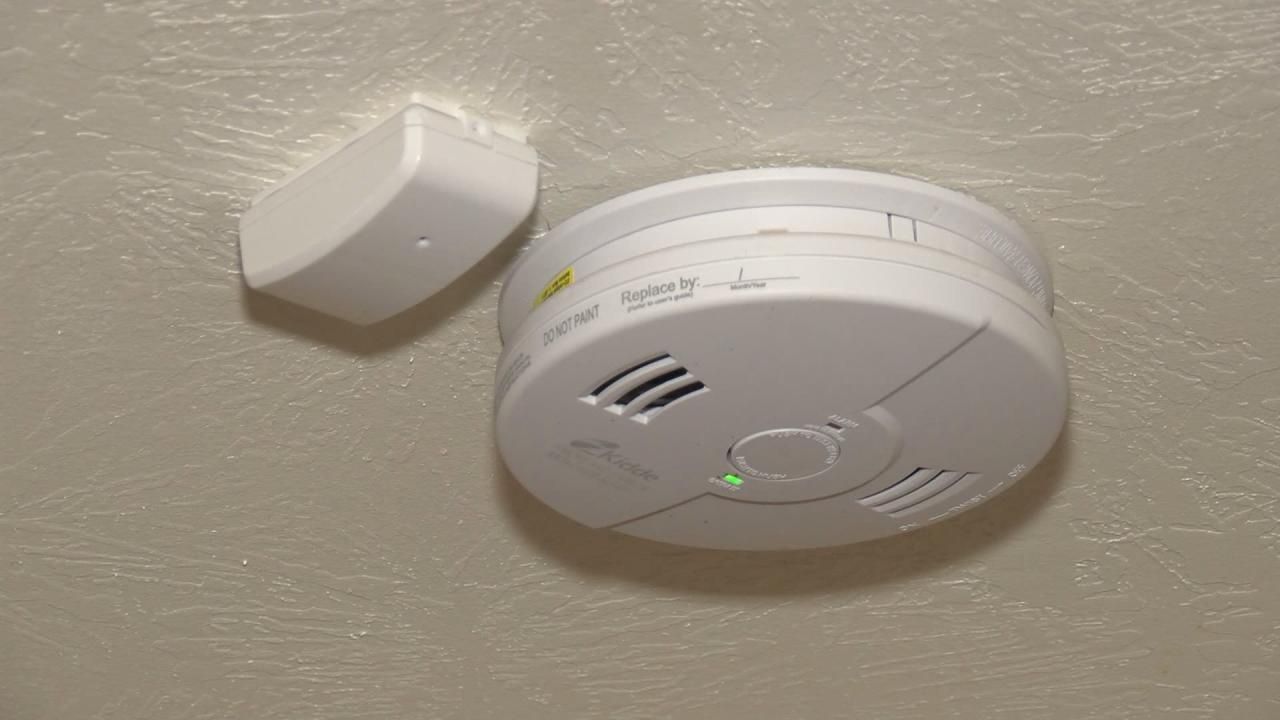

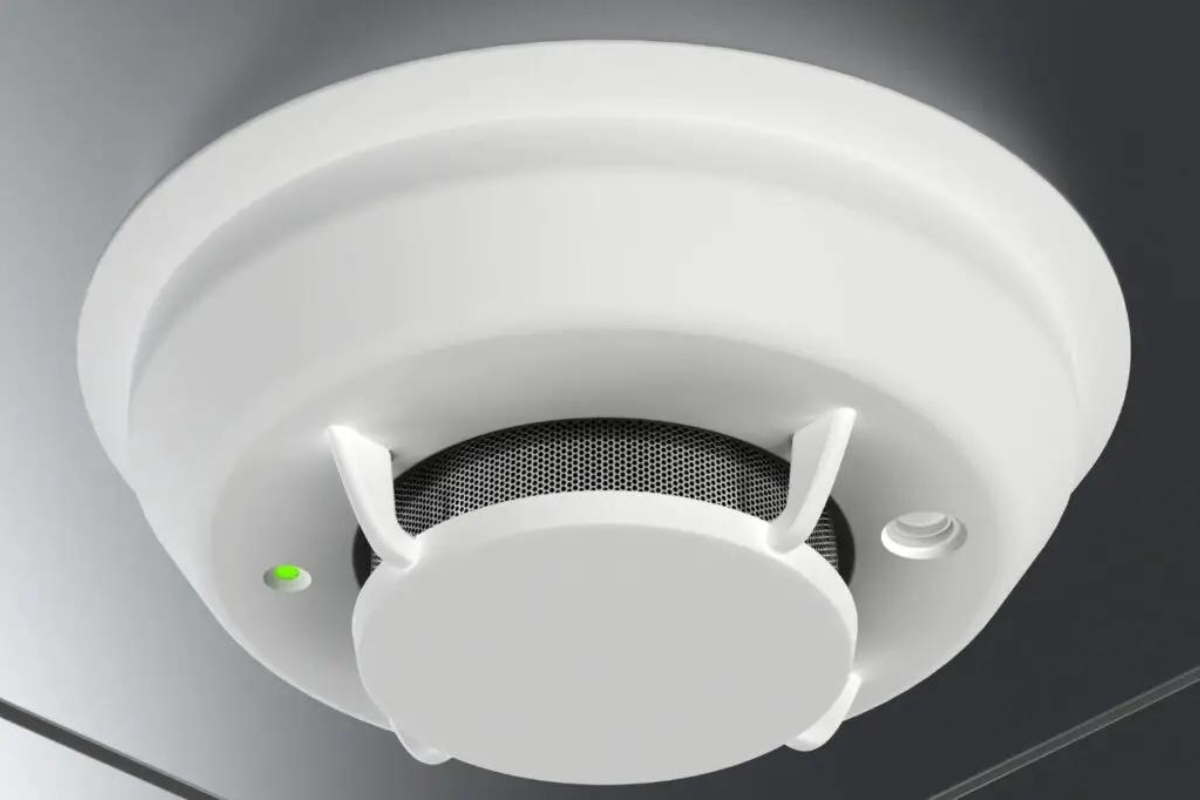
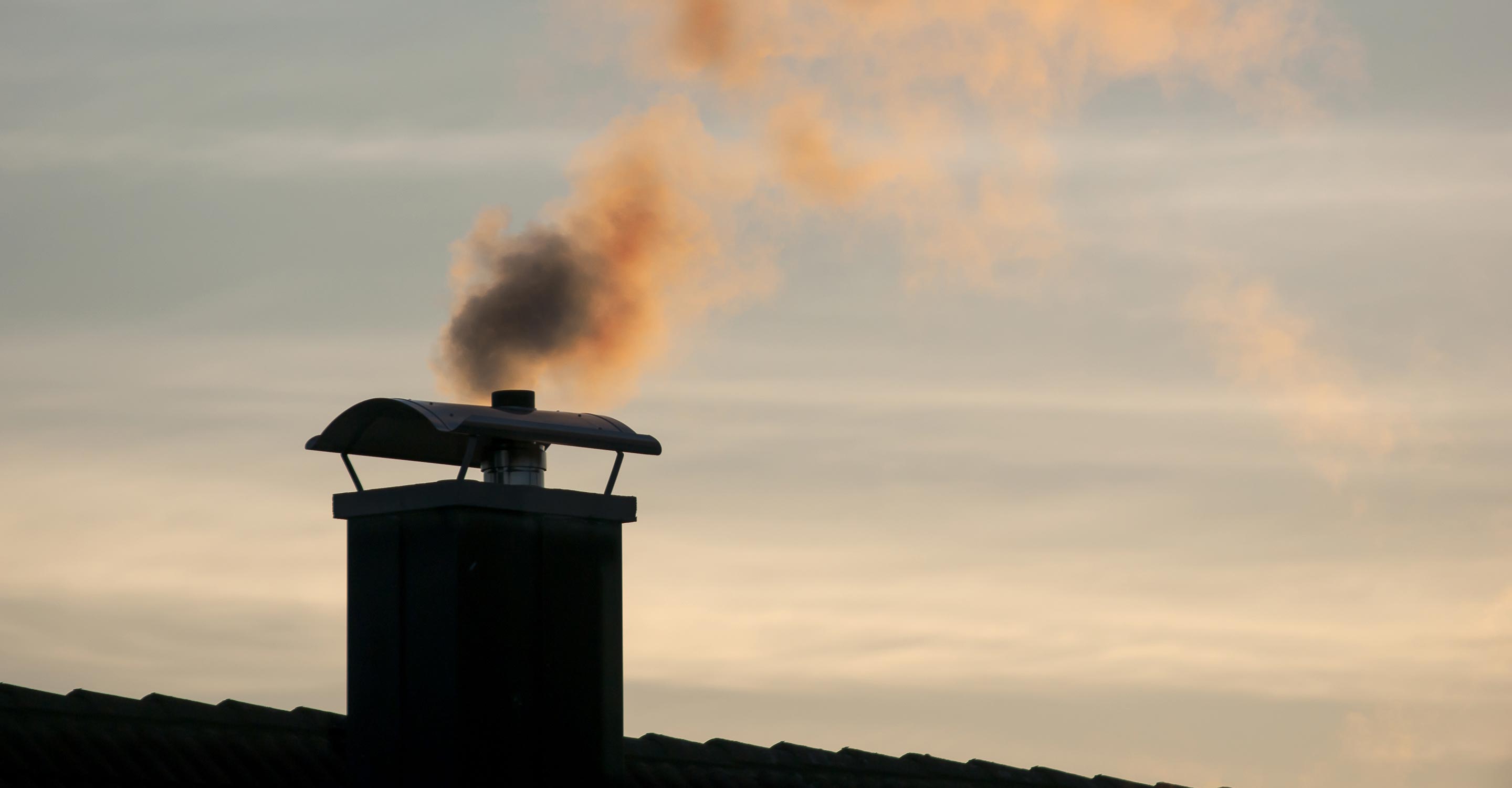
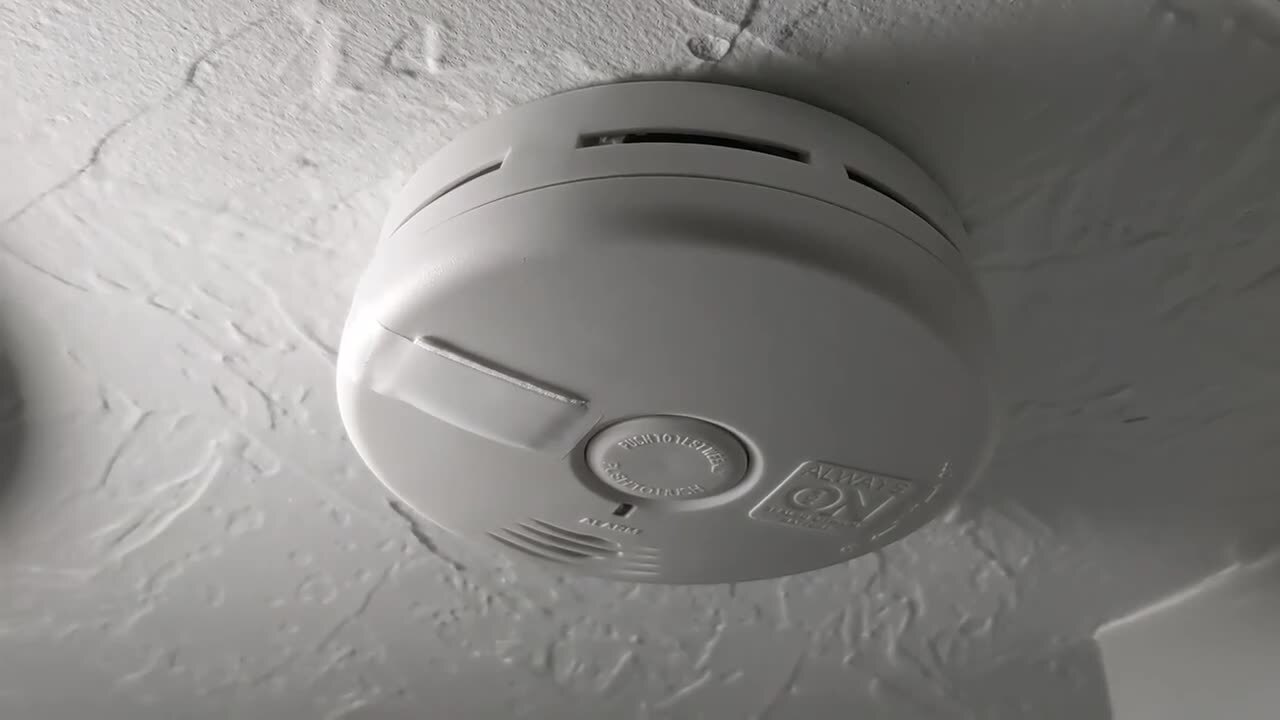

0 thoughts on “Why Does A Smoke Detector Go Off When Cooking?”